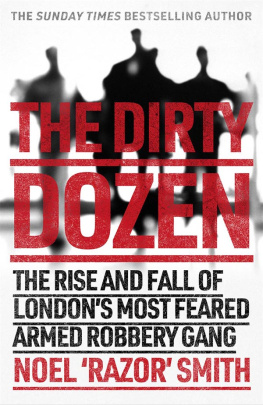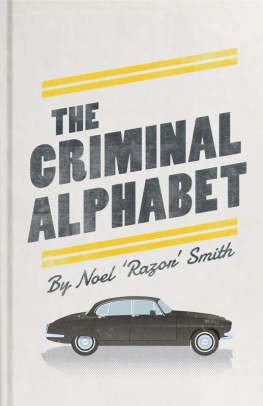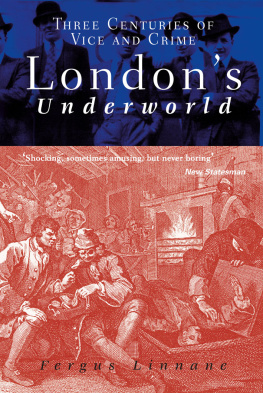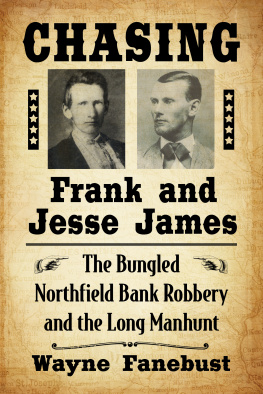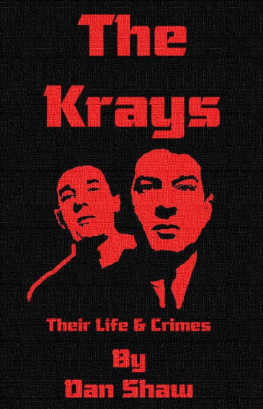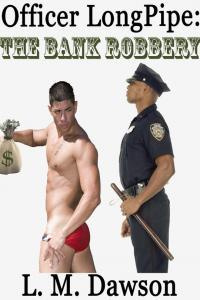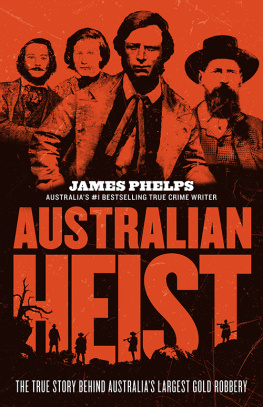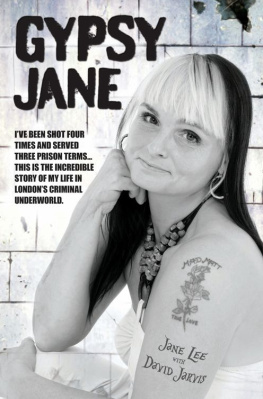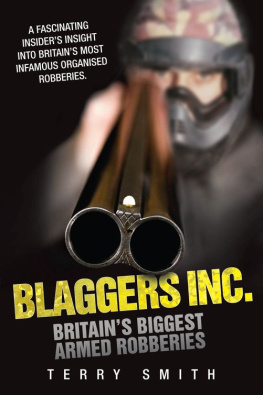


Published by John Blake Publishing,
801 Wimpole Street,
Marylebone
London W1G 9RE
www.facebook.com/johnblakebooks 
twitter.com/jblakebooks 
First published in paperback in 2020
Paperback ISBN: 978-1-78946-226-5
Ebook ISBN: 978-1-78946-227-2
Audio ISBN: 978-1-78946-228-9
All rights reserved. No part of this publication may be reproduced, stored in a retrieval system, or transmitted in any form or by any means, without the prior permission in writing of the publisher, nor be otherwise circulated in any form of binding or cover other than that in which it is published and without a similar condition including this condition being imposed on the subsequent purchaser.
British Library Cataloguing-in-Publication Data:
A catalogue record for this book is available from the British Library.
Design by www.envydesign.co.uk
1 3 5 7 9 10 8 6 4 2
Text copyright Noel Razor Smith 2020
The right of Noel Razor Smith to be identified as the author of this work has been asserted by him in accordance with the Copyright, Designs and Patents Act 1988.
Every reasonable effort has been made to trace copyright-holders of material reproduced in this book, but if any have been inadvertently overlooked the publishers would be glad to hear from them.
John Blake Publishing is an imprint of Bonnier Books UK
www.bonnierbooks.co.uk
For my lovely wife,
Caroline Bateman Smith.
And for my agent, Cat Ledger.
May you rest in peace.

CONTENTS
Every single time it was grand. I loved the moment when you announce the stickup, and everything suddenly goes brighter and sharper and the world seems to spin faster. You show them the gun and say hand it over and theres no telling whats going to happen in the next tick of the clock.
James Carlos Blake, Handsome Harry

T he story you are about to read is all true. The Dirty Dozen were a real and serious armed-robbery gang from north-west London, who committed hundreds of raids on banks, security vans, Post Offices and travel agents. They stole hundreds of thousands of pounds during a decade-long crime spree. The leading lights of the gang were all second-generation Irish, the sons of Irish immigrants who had settled in London in the 1950s.
The original leader of the Dirty Dozen was Gentleman Jimmy Doyle, a ruthless robber but with a touch of panache and style about him. Doyle had a good reputation in the criminal underworld as a staunch man. He was an old-fashioned bank robber who saw what he did as his job and took pride in his work. The gang never offered gratuitous violence to members of the public, though they were obviously expert at using the tools of violence, including threats, intimidation and aggression, in order to achieve their aims. Jimmy Doyle was eventually captured by the Flying Squad in the commission of a bank robbery in 1992 and, while on remand, he escaped custody and fled to Ireland. Extradited a year later, he was eventually sentenced to prison for twenty-four years at the Old Bailey in 1995. Two years later, he escaped from a prison van while being transported between prisons and disappeared off the radar for many years. Doyle died peacefully in Killorglin, Ireland, on 30 April 2013.
The unique thing about the Dirty Dozen was their fluidity and power of regeneration. Like the Hydra, you could cut off one of their heads and two more would immediately take its place. The original gang, led by Jimmy Doyle, fostered criminal understudies younger gang members who were eager to step up when their time came carrying on the traditions of those who had gone before. They had easy access to firearms, and the will and recklessness to get into the game and keep it running for as long as they were able.
Though the Dirty Dozen were a loose federation of criminals, their loyalty to each other was what helped them to reign for so long as kings of their trade. It must be borne in mind that in London there are special police squads dedicated to catching armed robbers, and only armed robbers specifically, the Flying Squad, who make it their business to target armed-robbery gangs and to put not inconsiderable manpower and resources to work on the problem. The fact that the Dirty Dozen were active for so long proves that they were a tight-knit organisation. Most members had grown up with each other and were very familiar with the rules, the unwritten criminal code that old skool criminals attempt to live their criminal lives by. The number one rule is: no grassing.
When Jimmy Doyle and several other gang members were arrested, convicted and then jailed back in the 1990s, two contenders for the throne stepped forward. The Bradish brothers proved more than capable of assuming the mantle of vacant leadership. Under the Bradish boys, the Dirty Dozen flourished and added plenty to their gangland legends.
I first came across Sean and Vinnie Bradish when we were all serving long prison sentences as Category A prisoners in HMP Whitemoor, in Cambridgeshire (one of the highest-security prisons in Europe). I was serving eight life sentences under the two-strikes act for armed robbery and possession of firearms, having been sentenced at the Old Bailey in 1998 for a series of bank robberies. My gang were nicknamed The Laughing Bank Robbers by the Flying Squad and the media. Sean and Vinnie were the last of the Dirty Dozen, and had been jailed in a blaze of publicity in 2000 on the testimony of a supergrass called Stephen Roberts.
In the media reports on the Bradish brothers case, they were often compared to Grant and Phil Mitchell, the bad-boy brothers from BBCs long-running soap-opera EastEnders. This was mainly to do with the fact that the Bradish boys bore a passing resemblance to the actors who played the fictional Mitchells they were both bald, Londoners and had a penchant for violence. But while the soap-opera Mitchells acted as hard men with fake guns, the Bradish boys were the real thing.
During their trial at the Old Bailey, Sean and Vinnie Bradish were named by the prosecution as the most prolific armed robbers this country has ever known. They even appear in the Guinness Book of Records listed as such. Being charged with over fifty armed robberies each, one might assume that they must be incompetent or careless operators but, despite the police having them under intermittent surveillance for years without even a sniff of evidence, their downfall came through a betrayal by one of the close members of their gang.
Stephen Roberts, one of the Dirty Dozen who turned supergrass on his former friends and associates, now lives under an assumed name in the UKs version of the witness protection programme. In the course of this story, I came across many incidences of callous violence by Stephen Roberts during his time as a principle member of the gang and, just as in the case of the most infamous and first British supergrass, Bertie Smalls, many people believed that Roberts escaped justice when he was just as bad, if not worse, than the men he accused.
Next page
